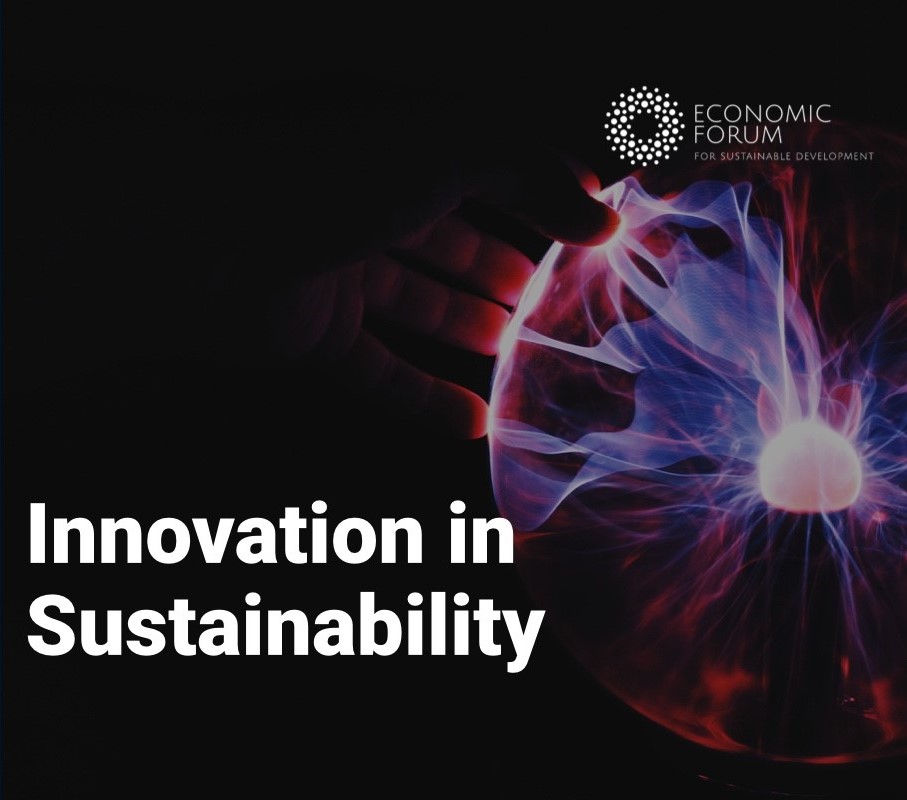Innovation in Sustainable Methods
One of the ways in which the EFSD encourages innovation in sustainable methods is by bringing together experts and decision-makers from a variety of sectors, including governments, businesses, civil society organizations, and international organizations. Through this collaborative approach, the organization is able to identify and assess the challenges and opportunities related to sustainable development and to develop and promote policy recommendations and strategies for addressing these issues. In addition to fostering collaboration and dialogue among stakeholders, the EFSD also encourages innovation in sustainable methods by supporting the development and deployment of new technologies and practices that can help to address environmental and social challenges. This includes supporting research and development in areas such as renewable energy, sustainable agriculture, and sustainable urban development, as well as efforts to promote the adoption of these technologies and practices in various sectors. The EFSD also encourages innovation in sustainable methods by promoting the adoption of new business models and practices that are more sustainable and equitable. This includes supporting the development of circular economic models, which aim to minimize waste and maximize resource efficiency, as well as efforts to promote the integration of sustainability considerations into business decision-making processes. The EFSD plays a critical role in encouraging innovation in sustainable methods and promoting the transition through a better understanding of the circular economy.
Read moreCollaboration
One of the ways in which the EFSD encourages collaboration between different sectors and stakeholders to achieve the United Nations’ Sustainable Development Goals (SDGs) is by bringing together experts and decision-makers from a variety of sectors, including governments, businesses, civil society organizations, and international organizations. Through this collaborative approach, the organization is able to identify and assess the challenges and opportunities related to sustainable development and to develop and promote policy recommendations and strategies for addressing these issues. In addition to fostering collaboration and dialogue among stakeholders, the EFSD also encourages collaboration between different sectors and stakeholders by supporting the development of partnerships and initiatives that bring together different actors to address common challenges. This includes supporting the development of public-private partnerships, as well as efforts to bring together NGOs, academics, and other stakeholders to work on common goals. The EFSD also encourages collaboration between different sectors and stakeholders by promoting the sharing of knowledge and expertise across sectors. This includes efforts to facilitate the exchange of information and best practices among stakeholders, as well as efforts to support capacity-building and knowledge-sharing initiatives that help to build the skills and expertise of different actors. The EFSD plays a critical role in encouraging collaboration between different sectors and stakeholders to achieve the UN’s SDGs and promote the transition to a more sustainable world.
Read moreValuation
One of the ways in which the EFSD creates a valuation of a sustainable approach is by promoting the integration of sustainability considerations into decision-making processes at all levels. This includes efforts to support the development of policies, regulations, and standards that reflect sustainability considerations, as well as efforts to promote the adoption of sustainable practices and technologies in various sectors. The EFSD also creates a valuation of a sustainable approach by promoting the development of new metrics and indicators that better capture the social and environmental impacts of economic and social development. This includes efforts to develop alternative indicators of well-being, such as the Gross National Happiness index, which takes into account a broader range of factors beyond traditional measures of economic growth.
Read moreAwareness
One of the core values of the EFSD is the belief that a sustainable approach is essential for ensuring the long-term well-being of people and the planet. As a result, the EFSD is committed to spreading awareness of a sustainable approach in all sectors and encouraging the adoption of policies and practices that support sustainable development. In addition to its work with stakeholders, the EFSD also spreads awareness of a sustainable approach through its public outreach and education efforts. This includes the development of educational materials and resources, such as guides and fact sheets, which provide information about sustainable development and the steps that individuals and organizations can take to support it. The EFSD also works with media partners and other organizations to disseminate information about sustainable development and the importance of adopting a sustainable approach. The EFSD also spreads awareness of a sustainable approach through its participation in conferences, workshops, and other events. By participating in these events, the organization is able to share information about sustainable development and engage with a wider audience. Overall, the EFSD’s core value of spreading awareness of a sustainable approach is central to its mission of promoting sustainable development and addressing global challenges related to economic, social, and environmental issues.
Read moreSustainable Knowledge
As part of its mission, the EFSD is committed to promoting sustainable knowledge and understanding of the challenges and opportunities related to sustainable development. Sustainability in knowledge refers to the idea of preserving and promoting knowledge and understanding that is essential for the long-term well-being of people and the planet. This includes knowledge about natural systems, social and economic systems, and the relationships between these systems, as well as knowledge about the impacts of human activities on these systems and the ways in which we can manage these impacts in a sustainable manner. Ensuring sustainability in knowledge requires efforts to preserve and maintain existing knowledge, as well as efforts to promote the development and dissemination of new knowledge. This can include efforts to protect and preserve traditional knowledge and cultural practices, as well as efforts to support scientific research and innovation. It also requires efforts to ensure that knowledge is accessible and available to all, including those who may not have traditional access to education and other resources. In addition to preserving and promoting knowledge, sustainability in knowledge also requires efforts to ensure that this knowledge is used in a responsible and ethical manner. This includes considering the potential impacts of our actions and decision-making on future generations, as well as ensuring that knowledge is used in a way that is equitable and respects the rights and interests of all stakeholders. We at EFSD believe that sustainability in knowledge is essential for ensuring that we have the information and understanding we need to make informed decisions and take action to promote sustainable development and address global challenges related to economic, social, and environmental issues.
Read more
